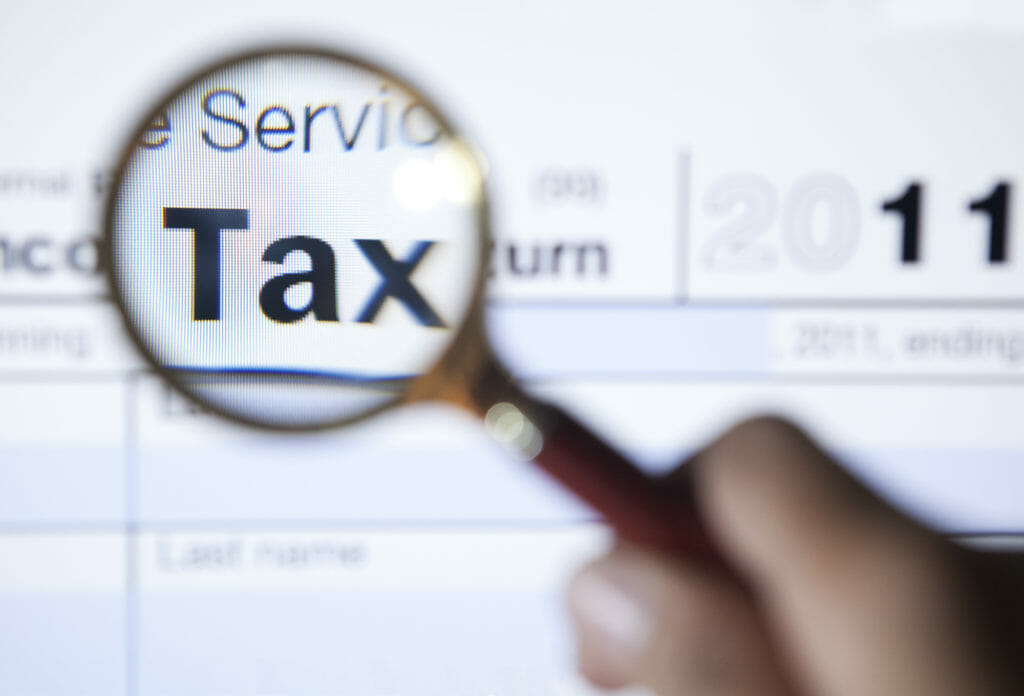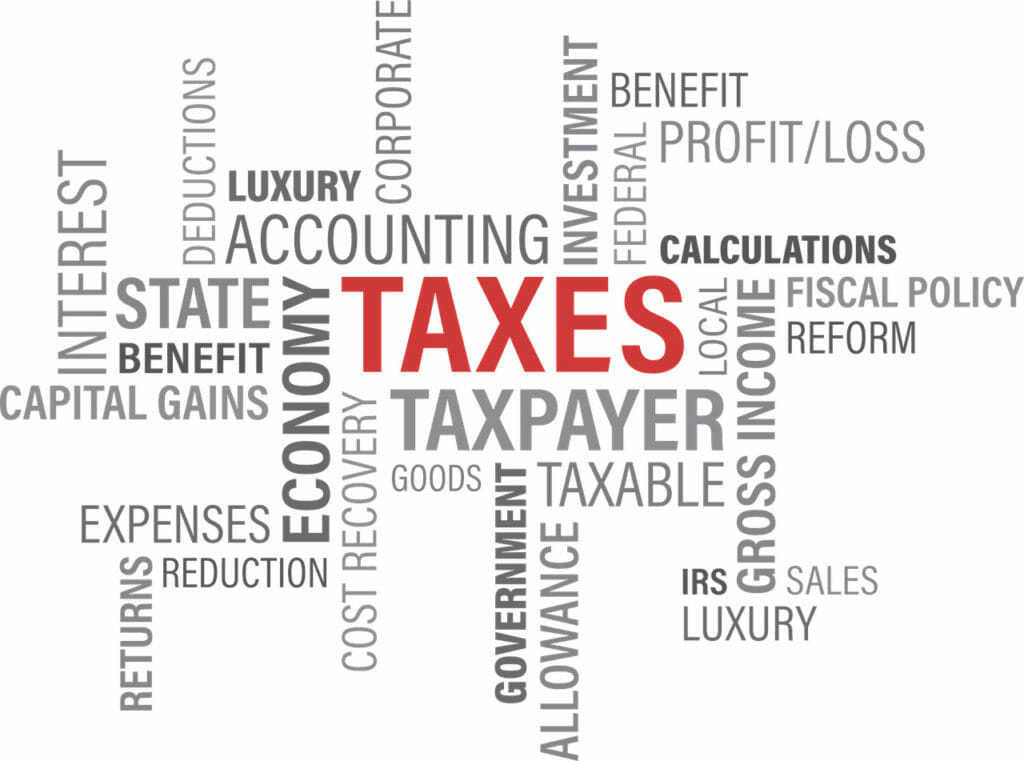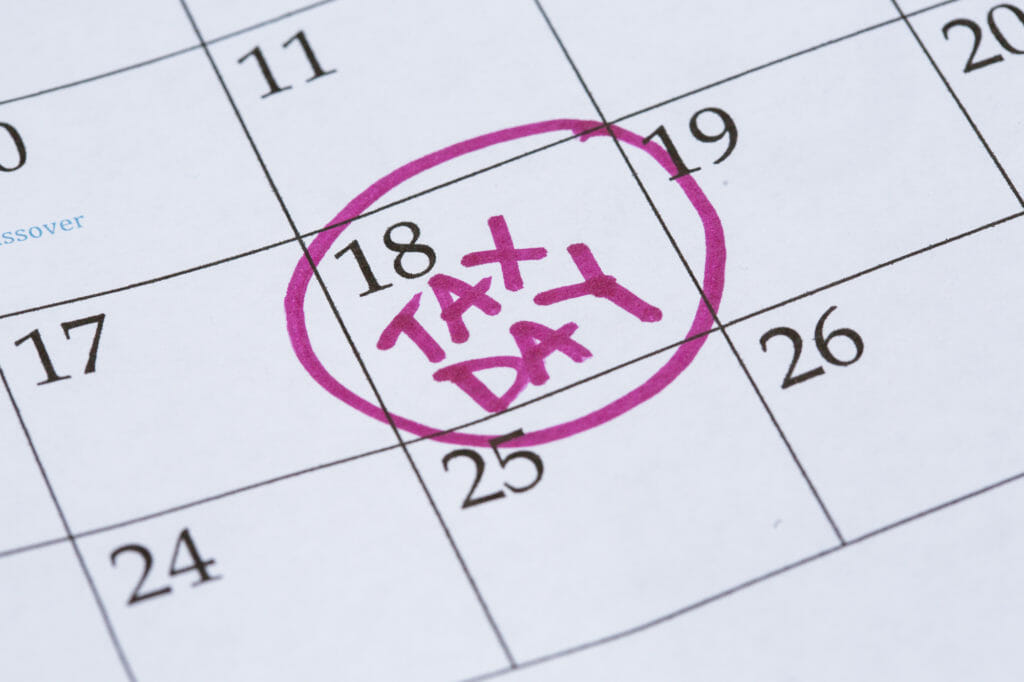 By the start of February, the new rules for the recent tax law change will be in full swing. For just about every pilot, this begs the question, “Will I benefit from it or will it end up costing me?” Here are a few quick ways to determine its impact upon you in 2018.
By the start of February, the new rules for the recent tax law change will be in full swing. For just about every pilot, this begs the question, “Will I benefit from it or will it end up costing me?” Here are a few quick ways to determine its impact upon you in 2018.
(A quick note: This overview is for informational and educational purposes only. Please talk with your tax accountant or tax preparer for guidance specific to your situation).
The big changes for most pilots
While there are thousands of changes to the tax code in the new law, there are a few main categories that will have greater impact on most pilots.
Reduced deductions that most take
For many pilots, the biggest negative change (which is somewhat offset – explained in the next section) is the now $10,000 combined deduction limit for state and local income taxes and property tax. This means that if you pay over $10,000 in property tax and/or state income tax, you will likely be limited to a total deduction equaling $10,000.
Furthermore, there is a reduction in the maximum size of mortgages from which you can deduct interest payments if you itemize your taxes. Previously, the maximum size was $1,000,000. Starting in 2018, this figure is reduced to $750,000.
Finally, in 2017, as in previous years, you would be able to take a personal exemption deduction of $4,050 per person, regardless of whether you itemized taxes. This is going away in 2018.
While these limitations on deductions have received a lot of the fanfare, the reality is that most will find that the reductions are more than offset by the increased standard deductions and child tax credits.
 Increased standard deduction and child tax credit
Increased standard deduction and child tax credit
For married couples who file their tax returns together (joint return), the standard deduction is nearly doubling to $24,000 ($12,000 for single filers). This is the primary reason fewer people will be itemizing their taxes. What does this mean to you? Simply put, if you no longer itemize your deductions, you won’t enjoy added benefits from further charitable contributions or prepaying any property taxes.
As mentioned above, the ability to deduct personal exemptions is gone for 2018. For most, this will be the biggest negative. If you have children however, you will likely claim a $2,000 tax credit for each child, assuming your income us under $400,000 for married couples filing together ($200,000 for single filers). A credit is far better than a deduction, because a credit directly reduces the amount of tax you pay.
Bottom line? The ability to itemize deductions is reduced. However, most pilots will benefit from the increased standard deduction and child tax credits.
What is still being incentivized?
Though there are many changes, every pilot should note that there are very few changes to how the government incentivizes retirement savings and earning income. This means that it remains wise to continue to save into your 401(k) or IRAs and work to increase your income, as we’ve addressed before in this column.
So, will you benefit?
Let’s take a look at two pilots: One earning around $55,000 a year, and another earning around $275,000 a year.
Earning $55,000 a year, this pilot should benefit, for the most part. At this income, it’s unlikely there would be an impact by the limitation in state/local income taxes and property tax deduction. If one has a large number of dependents, losing the personal exemptions could hurt. If the dependents are under the age of 17, this impact should be more than offset by the increased child tax credit.
If a higher-earning pilot at the majors is making $275,000+ per year, they would also likely benefit. The main reason? Very few pilots, even those at the top of the pay scales, will be impacted by the Alternative Minimum Tax going forward. Most high-income pilots have been negatively impacted by this in recent years, and the adjustment should be a major benefit. Furthermore, the tax brackets are more favorable, meaning this pilot should owe less in taxes at this level than in previous years. The child tax credits are likely to be far more valuable than the lost personal exemptions if dependents are children under the age of 17.
If you have a side business, you may experience the greatest benefit. If you operate a side business as a “pass through” entity (often Sole Proprietorships, S Corporations and LLCs), the tax bill has set in motion a potentially significant reduction in taxes for you. At the time of this writing, details were still being fleshed out. However, the bill exempts from taxes 20% of income earned through these entities.
Who may not benefit?
If you’re paying very little Federal income tax now, it’s likely you will not benefit as much from the changes. Furthermore, those in high tax states (both state income tax and property tax) may find that the other benefits are offset (completely or partially) by the limiting of these deductions to $10,000. Finally, while income tax deductibility isn’t the main reason for giving to charities, the reality is that far fewer people will be able to claim a deduction for charitable giving. This could mean that charities see a negative impact to their income in 2018 and beyond.
I do believe most pilots will be paying less in income taxes in 2018 than they otherwise would have had the bill not passed. Because of this, take 15-20 minutes to estimate your income taxes due under the new tax bill. (You can find plenty of calculators online, or contact me for a spreadsheet). Once you have an idea of what you will owe, you can adjust the amount of taxes withheld from your paycheck to potentially boost your monthly cash flow.
 Final thoughts
Final thoughts
Most pilots will benefit from the recent tax law changes. Most will benefit from the increased standard deduction and expanded child tax credits, and high income pilots are far less likely to be exposed to the Alternative Minimum Tax. Still, those in high tax states are likely to feel the biggest pinch, followed by those who have dependents who are over the age of 17.
Take the time to estimate your 2018 taxes so you can adjust your withholding early in the year. Doing so can make sure you start benefiting now and not just at refund season. Continue saving for retirement and future expenses and working to increase your income.
Safe flying! ACN




















































































































It seems like you left out one of the biggest changes affecting pilots. We can no longer deduct unreimbursed employee expenses.
Union dues, loss of lisence insurance, uniform expenses, per diem shortfalls, tips, headsets, etc….
Those are huge expenses that are no longer deductible.